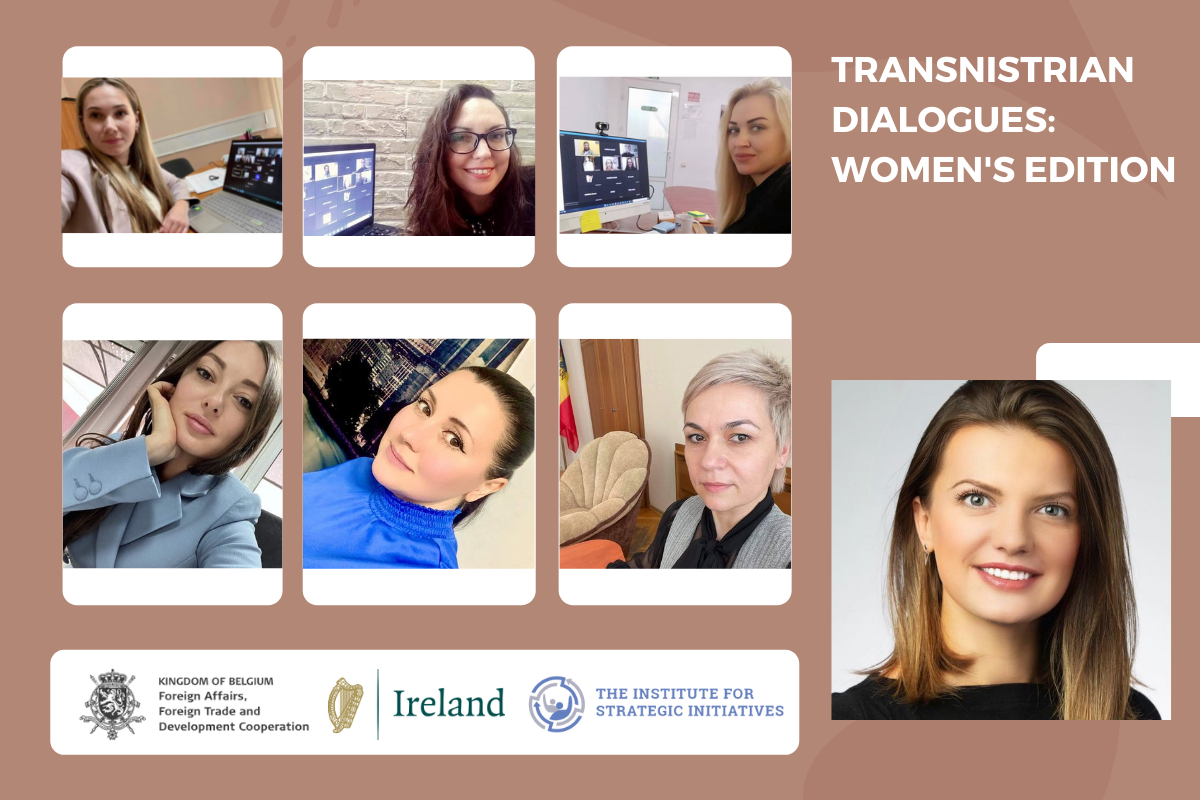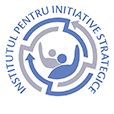Olga Melniciuc on the five stages of projects managment

Olga Melniciuc, an expert in the field of access to financial resources, completed the first edition of the “Transnistrian Dialogues: women’s edition” program. During the webinar on project management, Olga spoke in detail about the stages of project implementation.
So, project management involves planning, managing, implementing and monitoring everything related to the project. It concerns management of financial, human, time, technological and information resources.
The expert said that in project management there are five stages of project implementation.
- Initiation
Olga Melniciuc: In commercial projects, this usually happens in the following way: the director comes and says, “We have the New year; let’s start a campaign with promotions.
Initiation in social projects looks like this: for example, we work in ecology; we start collecting something very specific, read from the press or communicate with partners. We don’t know yet what the project will look like at the end. However, here we create a light concept of the project, two or three pages at most, so we can roughly see what we have to do.
- Planning
Olga Melniciuc: This phase is very big. Planning in social projects involves filling out an application, collecting more information, communicating with potential partners, writing a budget. Here we plan risks, find partners. Filling out the application, this is a small piece of the whole planning phase.
When you’re doing the cost planning for a project budget, always pay attention to the resources that need to be used. The main difference between projects and the day-to-day operations of companies is precisely that resources are limited.
- Implementation
Olga Melniciuc: After we apply and get funding, the implementation stage begins.
- Monitoring
Olga Melniciuc: Monitoring is the fourth stage, which goes in parallel with the third stage. We see if what we said would be done in the planning stage is being done. This is where we understand where we are compared to the plan.
Project evaluation is different from monitoring. Here we analyze why, for example, we said there would be 60 people present, only 50 are present. This is where we answer the question of why that was the case.
- Closing the project
Olga Melniciuc: At the end of the day, we close the project. Very often this phase is skipped. Here, in addition to financial, narrative, and evaluation reports about what was done wrong and why, there is also the transfer of project results either to beneficiaries or partners.
This webinar was the final in the first edition of “Transnistrian Dialogues: women’s edition” programme, which the Institute for Strategic Initiatives (IPIS) implemented with financial support from the Irish Ministry of Foreign Affairs as well as the Belgian Federal Public Service Foreign Affairs.



 Română
Română Русский
Русский